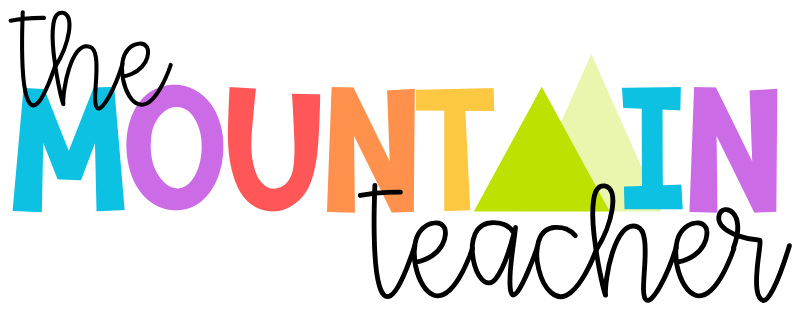How to Teach Telling Time in 2nd Grade

Grab your clocks, get set…. tell time! I love teaching the unit on telling time for 2nd graders because it almost feels like a break from teaching typical math. It’s a chance to slow down, and for students who might not typically feel confident to gain some confidence.

Daily Warm Up
During the time unit, I just keep the warm up simple. We spend 5-10 quiet minutes reviewing 3 problems from the day before, and I give them time to practice a problem from the day that has not been introduced yet. Then, we go over the answers as a class, and I teach a mini lesson using the last problem.
Once most of the class has mastered telling time (it happens more quickly than you’d think), we do elapsed time warm ups every day. I like to introduce these as soon as possible so we can learn a lot of different strategies before actually doing any independent practice on them.

Sequence:
Week One – Parts of a Clock, Telling Time to the Hour, Half Hour and 15 Minutes
Week Two – Telling Time to 5 Minutes
Week Three – Elapsed Time Enrichment [This is not a second grade standard, but comes up a lot and is an important life skill. We do not focus on mastery here, but rather strategies.
The Challenge
Students might mix up the minute and hour hands. A quick fix for this is having them color the hour hand red and the minute hand blue before doing their work.
Another challenge is that when a clock shows 9:55, students might confuse it and think that it says 10:55. We spend a lot of time going over that the hour doesn’t switch until the minute hand passes the 12. I will use the big Judy Clock and will show them 9:56, 9:57, 9:58, 9:59 and ask what hour it is each time, then finally at 10:00 they will get so excited that it is a fresh hour.

Finally, some kids will get elapsed time and some will not. Since it is not technically a second grade standard, I typically don’t fret too too much about this. There are some great manipulatives out there to help with elapsed time that might help these students.

Center Ideas & Games
There are so many fun centers for time!
Students can practice telling time, matching time to time words such as “quarter past,” “quarter til,” “half past,” etc.
Students can put clocks in order from AM to PM.
Students can play matching games.
Students can play memory games.
The whole class can play I Have, Who Has.
As you can see.. the options are endless!

Anchor Charts
The most important anchor chart is labeling the parts of a clock. We go over this anchor chart on the first day of the unit, and I have students make their own clocks for reference. I try to wean them off of this anchor chart as soon as possible, so that students are learning how to tell time independently from their supports.
Manipulatives
Resources & Freebies
What questions or frustrations do you have on teaching telling time for 2nd graders? Drop them in the comments below!
Please note, this post might contain affiliate links. This means that at no cost to you, I will earn commissions on purchases made on my recommendations.
